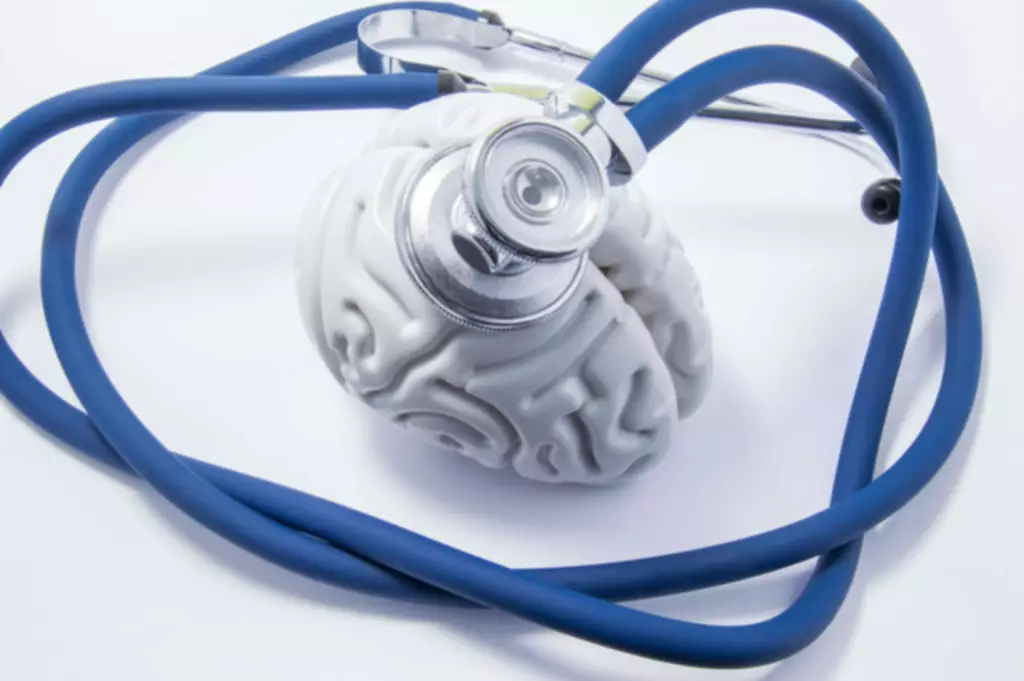
This includes about 6.9 percent of males and 7.9 percent of females with past-year AUD in this age group. In just 2 minutes, you can speak with an admissions specialist, verify your insurance, and explore treatment options that work for you. You can’t be of much help to your loved one if you’re burned out and neglecting your own needs. Show support by asking about new skills they learn or milestones they reach, like creating a fancy dish or participating in a 5K. Even if they direct these emotions toward themselves, their emotional state can affect yours. Try to remember this isn’t necessarily a situation they chose to be in.

Physical Signs Of Alcohol Post Acute Withdrawal
- These are not always obvious and may require professional help to uncover and understand.
- Relapse can begin weeks or even months before someone drinks or uses drugs again.
- They may also wonder if others will still like them or want to spend time with them, or if they can even keep the same group of friends once sobriety is achieved.
The disease of addiction can make it difficult for individuals to make rational decisions. A person may be a dry drunk during the time between becoming sober and entering recovery. Depending on the severity of the person’s condition, it may take months to become stable and advance through all the alcoholic recovery stages. Incorporating effective Therapy Techniques such as Cognitive Behavioral Therapy (CBT) and Dialectical Behavior Therapy (DBT) can significantly impact your recovery journey.

Does Being a Dry Drunk Mean You Are Going to Relapse?
- While mood symptoms are not usually dangerous, loss of friendships and family members from negative mood swings can weigh heavily on the person.
- Rather than just focusing on abstaining from alcohol, an exhaustive rehabilitation process should be in place.
- Without addressing underlying issues such as trauma, low self-esteem, or co-occurring mental health disorders, individuals may find it challenging to navigate the emotional ups and downs of recovery.
- Often a person who has PAWS or dry drunk syndrome hasn’t made behavioral or emotional changes or has started to regress to old ways of thinking.
- Loved ones who are worried about a family member or friend experiencing dry drunk syndrome should try to talk about options for help.
Seeking professional help is always recommended to manage dry drunk syndrome symptoms and prevent relapse. While sobriety is a crucial first step toward recovery, it’s not the only one. Facing and dealing with emotional or psychological issues that led to substance abuse in the first place is a cruital step toward recovery. Usually, drugs and alcohol post-acute withdrawal syndrome are treated in medical settings when an individual’s capacities are severely affected.
Staying Vigilant: Recognizing and Avoiding Relapse Triggers

It’s easy to go back into old alcohol rehab habits if you don’t focus on emotional healing or confront your prior views. This lack of growth can lead to frustration and a sense of dissatisfaction with your life, even though you’re sober. If you are not trying to change from the inside, you might feel something is missing. This feeling can hold you back from reaching your full potential in recovery.
How to Quit Cocaine: Overcoming Addiction & Withdrawal Symptoms
If patients succeed in abstaining from alcohol, most signs will subside. However, even ten years after, the individuals may have gone through their first abstinence crisis. Some disturbances remain persisted, those related to sleep, for instance. More specifically, sleep instability peculiar to PAWS is an essential source of continuing abstinence symptoms. Dry drunk manifests as a part of the condition called post-acute withdrawal syndrome. PAWS refers to a wide variety of symptoms that begin to appear after acute alcohol withdrawal has resolved.
- They might feel frustrated or angry, struggle with their desire to drink, or express a lot of negative thoughts.
- Furthermore, inner conflict and being unable to reconcile missed opportunities can cause their recovery to suffer.
- To understand what a dry drunk is, it’s useful to understand alcohol use disorder.
- It’s important to understand that quitting drinking without changing lifestyle, behaviors, and thought processes aren’t enough.

In fact, dry what are the signs of a dry drunk drunk syndrome operates almost exclusively within the mind. Since 1955, psychologists have found that working on an individual’s “inner life” is the key to overcoming the dry drunk mentality. To do so, they must seek out and fully engage in therapeutic treatment. Through this treatment, an alcoholic can discover what led them to drugs or alcohol as a coping mechanism in the first place. With this self-knowledge, alcoholics can start to repair the damage their addiction caused to themselves and those in their life.


